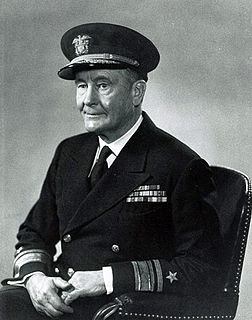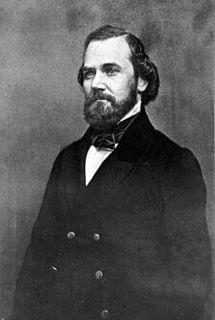A Quote by Andre Vltchek
Since the beginning, the US presidents (all of European stock, of course), had been promoting slavery, extermination campaigns against the native population of North America, barbaric wars of aggression against Mexico, and other Latin American countries, the Philippines, etc. Has anything changed now? I highly doubt it.
Quote Topics
Against
Aggression
America
American
Anything
Barbaric
Been
Beginning
Campaigns
Changed
Countries
Course
Doubt
Etc
European
Extermination
Had
Highly
Latin
Latin America
Latin American
Mexico
Native
North
North America
Now
Other
Philippines
Population
Presidents
Promoting
Since
Slavery
Stock
Us
Us President
Wars
Related Quotes
If the European discovery had been delayed for a century or two, it is possible that the Aztec in Mexico or the Iroquois in North America would have established strong native states capable of adopting European war tactics and maintaining their independence to this day, as Japan kept her independence from China.
In terms of America, I think any profound consideration is bound to return us to the notion of twins because, though you certainly can contend there are many Americas, our history has been binary from the beginning, with its hairline fracture down the country's center between what American has wanted to be and what America has been. That fracture is slavery, of course. To some extent it's still slavery, in that collectively we refuse to come to grips with the American fact of slavery.
Industrialized countries have disproportionately more cancers than countries with little or no industry (after adjusting for age and population size). One half of all the world's cancers occur in people living in industrialized countries, even though we are only one-fifth of the world's population. Closely tracking industrialization are breast cancer rates, which are highest in North America and northern Europe, intermediate in southern Europe and Latin America, and lowest in Asia and Africa.
Things have changed in Latin America now. We mostly have democratic governments in Latin America, so the position of the writer has changed. It is not as Neruda used to say, that a Latin American writer walks around with the body of his people on his back. Now, we have citizens, we have public means of expression, political parties, congress, unions. So, the writer's position has changed, we now consider ourselves to be citizens - not spokespeople for everybody - but citizens that participate in the political and social process of the country.
Mexico City is the center of art and culture and politics and has been and continues to be for Latin America in a way that I think really called to me as an artistic person, as someone that was interested in the politics of Latin America, you know. God, every single famous person in Latin American history and art and politics seems to have found their way to Mexico City.
Of course each citizen should try to educate him or herself, but only after receiving some essential, basic blocks of knowledge. Formal education should always be free; from kindergarten to PhD. It is free in many European countries, and in several Latin American ones (including Cuba, Mexico and Argentina). China is returning to free education, as it is returning to universal health care. In countries like Chile, people are on the streets right now fighting for free education, and they are winning!
As for slavery, there is no need for me to speak of its bad aspects. The only thing requiring explanation is the good side of slavery. I do not mean indirect slavery, the slavery of proletariat; I mean direct slavery, the slavery of the Blacks in Surinam, in Brazil, in the southern regions of North America. Direct slavery is as much the pivot upon which our present-day industrialism turns as are machinery, credit, etc. … Slavery is therefore an economic category of paramount importance.
Every air traveler entering Mexico is vetted against US databases. The air passenger screening system Mexico has in place involves these checks against US national security and criminal data bases. There are plainclothes US officers stationed at airports in Mexico working with Mexican immigration officials to protect the United States. This joint security program has been in place for at least six years and is a huge asset.





































